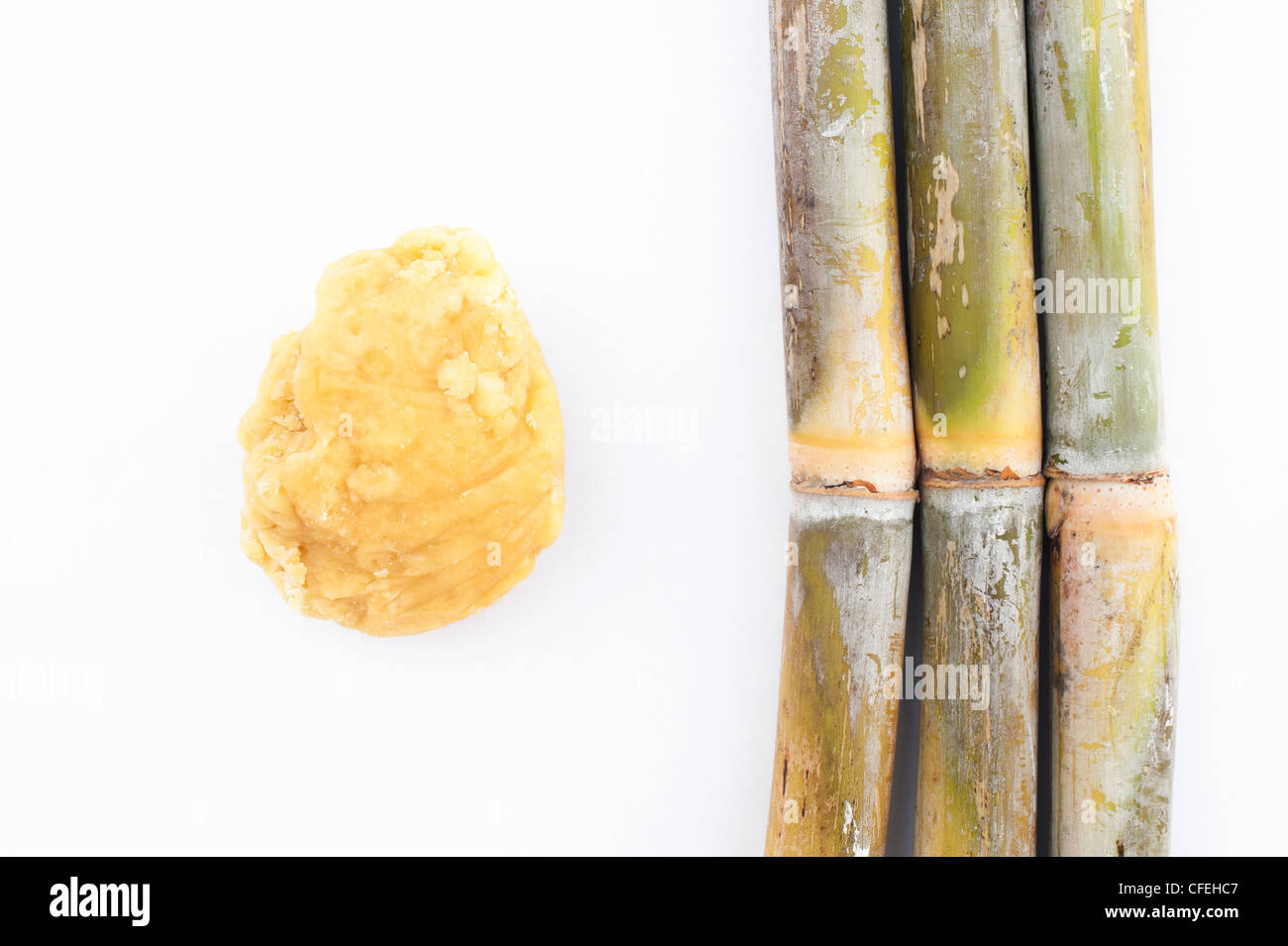Exploring Sugarcane Products: Versatile Uses and Benefits
The expedition of sugarcane items exposes an exceptional range of applications that extend well past the acquainted realm of sugar. This functional crop functions as a foundation for a selection of foodstuff, industrial products, and also lasting energy solutions. Its spin-offs offer considerable ecological advantages and health benefits that warrant attention. As we analyze the diverse contributions of sugarcane, one might question exactly how these varied uses can reshape markets and lifestyles in a rapidly progressing world.
Summary of Sugarcane
Although sugarcane is usually linked mainly with sugar manufacturing, it is a flexible plant with an abundant background and many applications. Grown in subtropical and exotic regions, sugarcane prospers in well-drained dirts and cozy environments, contributing considerably to numerous economies worldwide. This seasonal turf, coming from the category Saccharum, can expand to elevations of approximately 4 meters, showcasing its robust nature.
Past its key duty in sugar extraction, sugarcane offers as an important resource for numerous byproducts. The fibrous residue, understood as bagasse, is made use of for creating bioenergy and as a resources for making paper and naturally degradable items. In addition, molasses, a byproduct of sugar refining, is rich in nutrients and typically utilized in animal feed and fermentation processes.
Sugarcane likewise plays a substantial function in conventional medicines and cultural methods in several regions, illustrating its relevance past business usage (sugarcane product). Additionally, with the increasing emphasis on lasting agricultural practices, sugarcane is being discovered for its potential in biofuels and carbon capture, placing it as a principal in the transition towards renewable resource resources. Thus, the versatility of sugarcane prolongs much beyond the boundaries of sugar production
Sugarcane in Food Products


Beyond sugar, sugarcane is the source of energy-rich products such as jaggery and panela, which are traditional unrefined sugars made use of in numerous societies. These items not just sweeten foods however likewise convey nutritional advantages and distinct tastes.
Sugarcane juice, a revitalizing drink appreciated in many exotic areas, showcases the plant's adaptability. It is commonly taken in fresh or fermented right into alcohols like rum.
Additionally, sugarcane fibers, referred to as bagasse, are often utilized to develop food product packaging products, emphasizing the eco-friendly benefits of sugarcane processing. In general, sugarcane's payment to food items is complex, enhancing flavors, giving dietary worth, and playing a substantial duty in culinary practices around the globe.
Industrial Applications of Sugarcane
In numerous industries, the adaptability of sugarcane expands much beyond its culinary applications. Sugarcane offers as a crucial raw product in the manufacturing of biofuels, particularly ethanol, which is increasingly made use of as a renewable resource source. This biofuel is obtained through fermentation and distillation procedures, giving a lasting alternative to nonrenewable fuel sources and adding to a reduction in greenhouse gas emissions.

In addition, the sugarcane sector has actually located applications in pharmaceuticals, where its elements are used in the formulation of numerous medical products. The all-natural substances removed from sugarcane display antioxidant and antimicrobial residential or commercial properties, enhancing the effectiveness of specific drugs.
Finally, sugarcane is indispensable to the manufacturing of an array of chemicals, including glycerol and organic acids, which are important for different industrial procedures. These applications highlight sugarcane's significant role in promoting industrial sustainability and technology.
Ecological Benefits of Sugarcane
The complex applications of sugarcane not only enhance industrial procedures but likewise add dramatically to environmental sustainability. As an eco-friendly source, sugarcane cultivation plays an important duty in carbon sequestration, absorbing significant quantities of co2 from the environment. This procedure aids mitigate climate modification by reducing greenhouse gas concentrations.
Additionally, sugarcane by-products, such as bagasse and molasses, offer environment-friendly choices to traditional products. Bagasse, the coarse residue after juice removal, can be made use of as a biomass fuel, lowering reliance on nonrenewable fuel sources and advertising cleaner power sources. Additionally, molasses navigate to this website can be transformed into bioethanol, better sustaining sustainable energy campaigns.
Sugarcane farming additionally promotes biodiversity and soil health. Sustainable farming practices, such as intercropping and crop rotation, enhance dirt fertility and reduce disintegration. Furthermore, the crop's deep origin system aids in water retention, consequently supporting neighborhood ecological communities and boosting strength versus drought.
Health Advantages of Sugarcane
Rich in all-natural sugars and vital nutrients, sugarcane uses many health advantages that make it an important enhancement to a well balanced diet plan. Its high fiber material help in food digestion, promoting gut health and protecting against irregular bowel movements. Furthermore, sugarcane provides anti-oxidants, which deal with oxidative stress and may minimize the threat of chronic illness.
Moreover, sugarcane juice is known for its hydrating residential properties, making it an exceptional beverage choice, particularly in hot environments. The all-natural sugars existing in sugarcane provide a fast power boost, useful for athletes and those taken part in physical tasks. It additionally includes essential minerals and vitamins, such as vitamin C, calcium, magnesium, and potassium, which add to general health.
Studies suggest that sugarcane may aid regulate blood glucose degrees, making it a preferable sweetener for individuals with diabetes when eaten in small amounts. Moreover, its anti-inflammatory view residential or commercial properties can support liver wellness and aid in cleansing.
Final Thought
In verdict, sugarcane arises as an extremely flexible crop with significant payments to numerous industries. The by-products of sugarcane, such as bagasse and molasses, promote eco-friendly methods, while its health and wellness benefits boost overall health.
Although sugarcane is commonly connected largely with sugar production, it is a functional crop with an abundant history and countless applications.Past its primary function in sugar removal, sugarcane offers as a crucial source for different by-products. Primarily known for creating sugar, sugarcane is transformed into granulated sugar, brown sugar, and molasses, each offering distinct culinary purposes.Rich in necessary nutrients and all-natural sugars, sugarcane provides numerous wellness benefits that make it an important addition to a sugarcane product well balanced diet plan. The natural sugars existing in sugarcane offer a quick power increase, valuable for athletes and those involved in physical tasks.